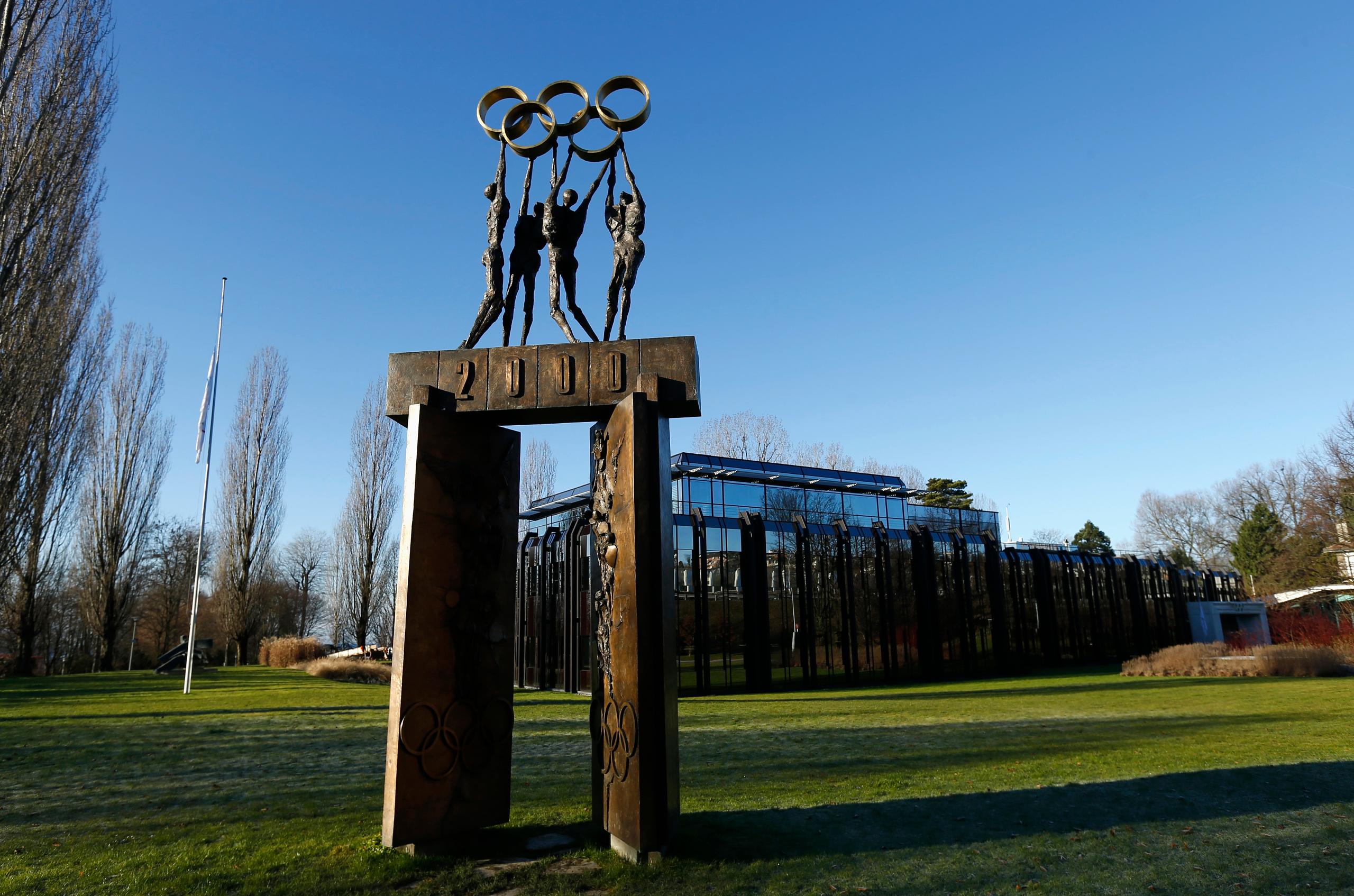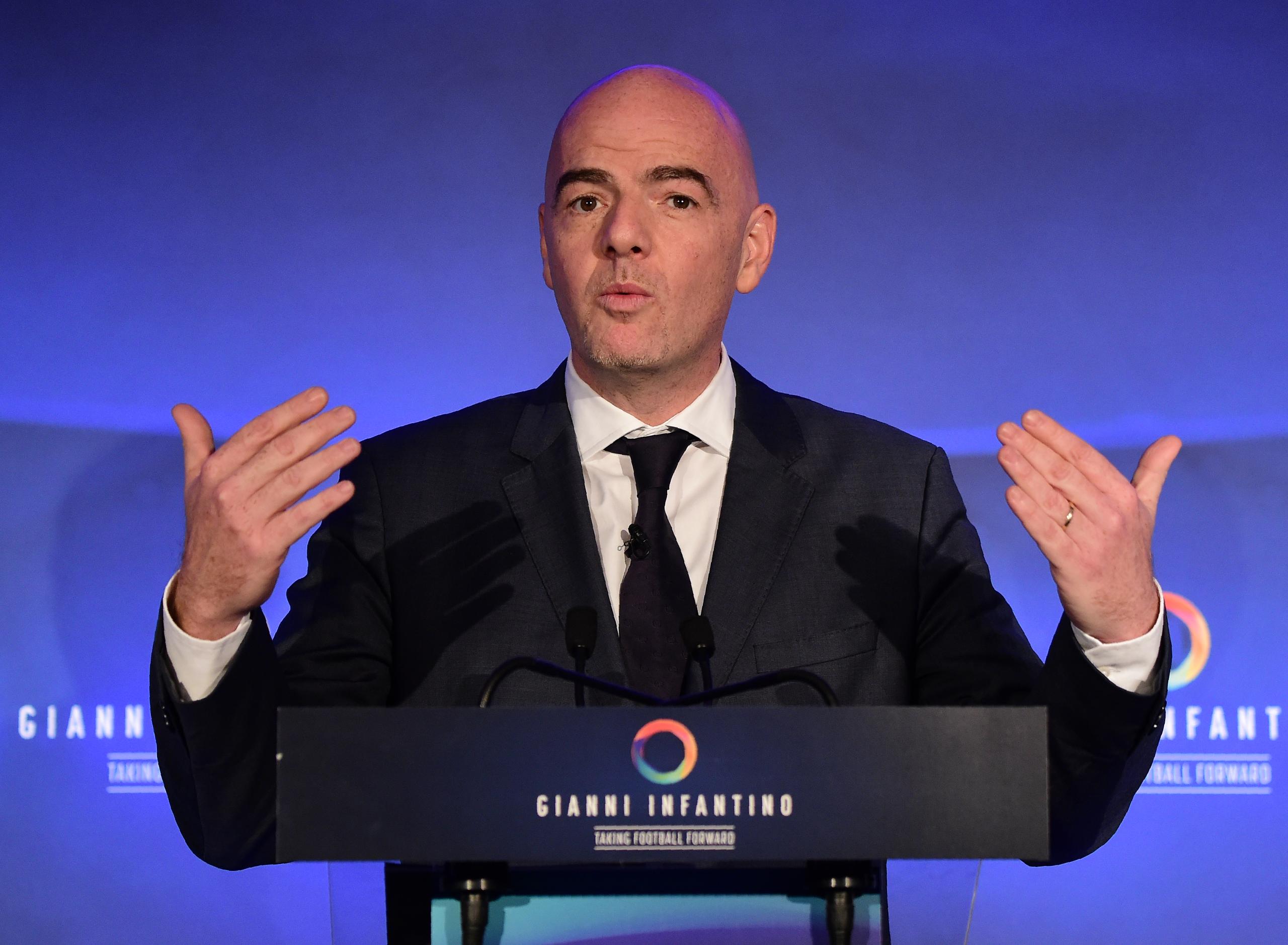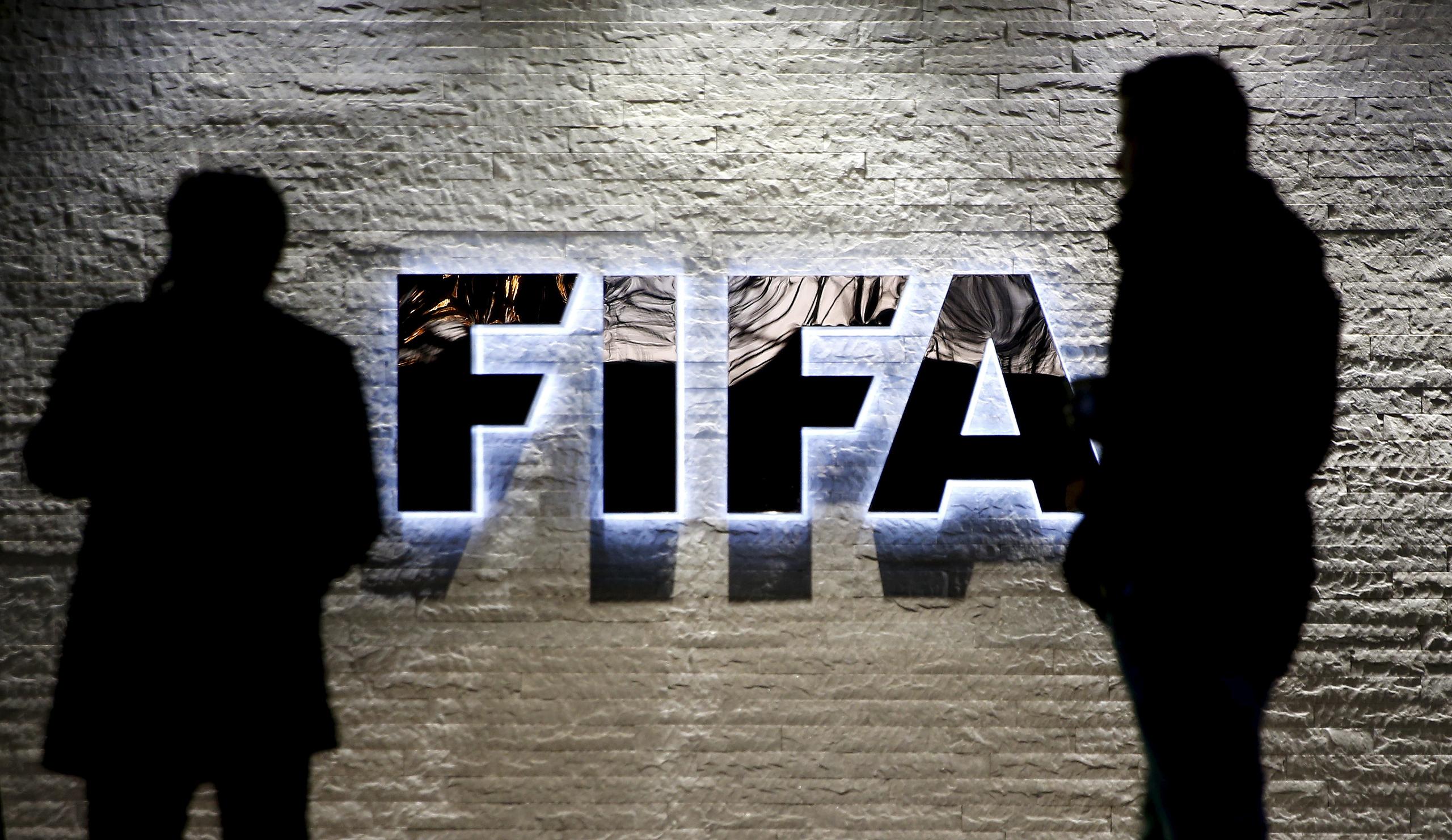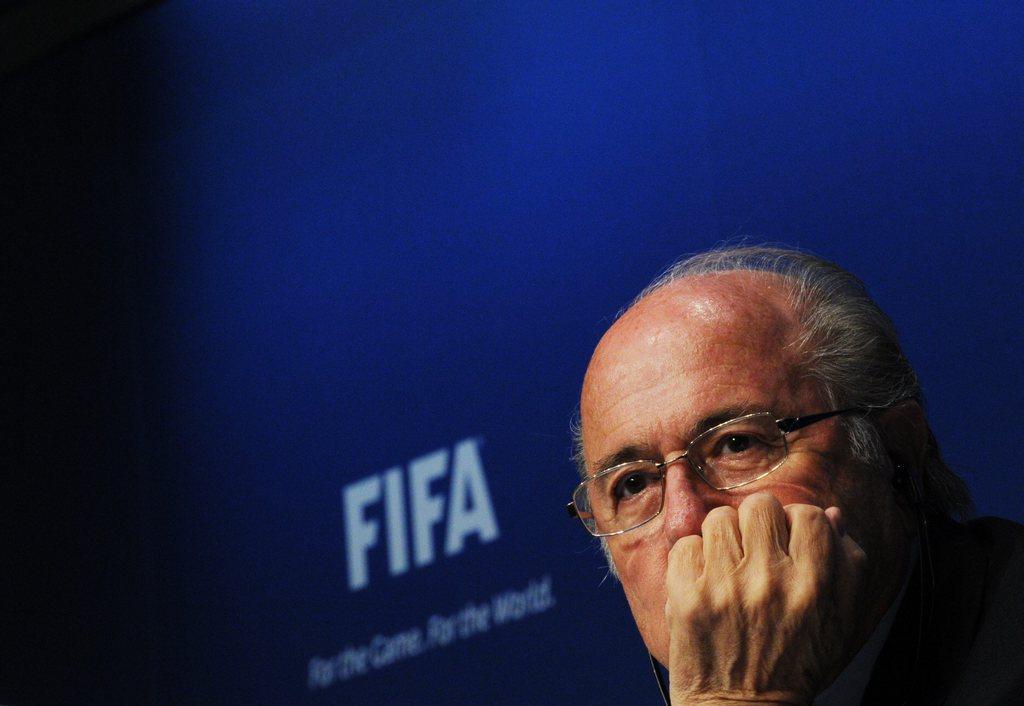FIFA host Switzerland ‘should clean up sport’

Switzerland should beef up its laws to make sporting organisations more accountable, ethical and transparent, says an anti-corruption watchdog group. The alpine state is home to the headquarters of more global sporting bodies than any other country.
In the wake of the recent scandals at world football’s governing body FIFA, Swiss laws have been amended to crack down on malpractice by non-profit sporting organisations. These include a provision to criminally prosecute bribery in the non-profit world – to come into force later this year – and to name executives at large sporting bodies as politically exposed persons (PEPs), subjecting them to enhanced financial scrutiny.
But Transparency International (TI) Switzerland has demanded that lawmakers do more. It wants new legislation that will force the same standards of corporate governance on bodies such as FIFA as in the commercial sector.
Ideally, large sporting bodies would be made to spin-off their commercial activities to separate entities, leaving them to concentrate on setting rules and organising their sports. And finally, Switzerland should provide legal protection for whistleblowers, TI Switzerland believes.
“The way that these organisations are managed does not make it easy to hold them to account,” TI Switzerland President Eric Martin said at a press conference in Zurich on Thursday. “They are not committed to the highest standards of transparency, accountability and integrity. They need to be subject to a similar rules-based compliance system as multinational companies.”
“The current legislation tolerates a certain amount of commercial activity if it is not the main purpose of the non-profit organisation,” Martin added. “The corruption observed at FIFA has shown that this approach is not suitable.”
Conflict of interest
The NGO made its views known on the eve of FIFA’s extraordinary congress meeting in Zurich at which member associations will vote on a package of governance reforms. A new President will also be elected to replace the disgraced Sepp Blatter, who is currently serving a six-year ban from the sport.
But even the current package of proposed reforms at FIFA will fail to provide all the answers, according to Jean-Loup Chappelet, an expert of sport organisation at Lausanne’s Graduate School of Public Administration.
“Better governance alone will not cure all the problems at sporting organisations,” he said at the TI Switzerland press conference. Mixing commercial and administrative activities within one body can lead to conflicts of interest, he added.
“We have seen how commercial sponsors can influence the rules of sports,” he told swissinfo.ch. “It was the demands of broadcasters that created the rule that athletes should be disqualified after two false starts, for example.”
The proposal to legally separate the financial and administrative functions struck a chord with parliamentarian Roland Büchel, who has campaigned for a tightening of rules governing sporting bodies in Switzerland. But he cautioned that such a measure should be used as a future threat rather than being immediately applied.
“If an organisation continues to act badly, then it has always been my idea to apply pressure through their tax privileges or their legal status as an association,” the conservative right Swiss People’s Party politician told swissinfo.ch.
Money spinner
Eric Martin is convinced that introducing new laws would enhance both Switzerland’s international reputation and its attractiveness as a host for major sporting headquarters. If true, this would be highly desirable from an economic point of view.
There are some 60 sporting HQs already present in Switzerland that enjoy tax benefits and a softer legal touch than corporate entities. Alongside FIFA, Switzerland hosts the European football governing body UEFA, that of the Olympic movement (IOC) and other associated bodies like the Court of Arbitration for Sport (CAS).
According to research last year from the Lausanne-based International Academy of Sports Science and Technology, 45 of the biggest sporting organisations generate some CHF1.07 billion ($1.08 billion) annually for the Swiss economy.
If such bodies feel unwelcome in Switzerland, there are plenty of alternative countries they can turn to. Dublin is home to World Rugby while the International Association of Athletics Federations (IAAF) sits in Monaco. Montreal hosts the World Anti-Doping Agency (WADA).
‘Good luck, go’
Perhaps the biggest potential competitor to Switzerland for attracting sporting HQs is Asia and the Middle East. Dubai is already home to the International Cricket Council and the World Professional Powerboat Association. Golf’s European Tour has offices in Dubai while many other sporting bodies hold meetings and events in the United Arab Emirates.
But Eric Martin does not believe that a strengthening of laws governing sporting associations will drive them out of Switzerland. “People said that private banking would be finished in Switzerland without banking secrecy. This has not been the case,” he said. “As long as there is a global level playing field, rather than a game of legal arbitrage between countries, I don’t believe sporting associations would leave Switzerland.”
As far as Roland Büchel is concerned, Switzerland is best rid of any organisation that continues to behave badly. “If they can’t reform themselves then they should not be able to take advantage of their privileged status forever,” he said. “If they cause trouble then good luck, go.”

In compliance with the JTI standards
More: SWI swissinfo.ch certified by the Journalism Trust Initiative




You can find an overview of ongoing debates with our journalists here . Please join us!
If you want to start a conversation about a topic raised in this article or want to report factual errors, email us at english@swissinfo.ch.